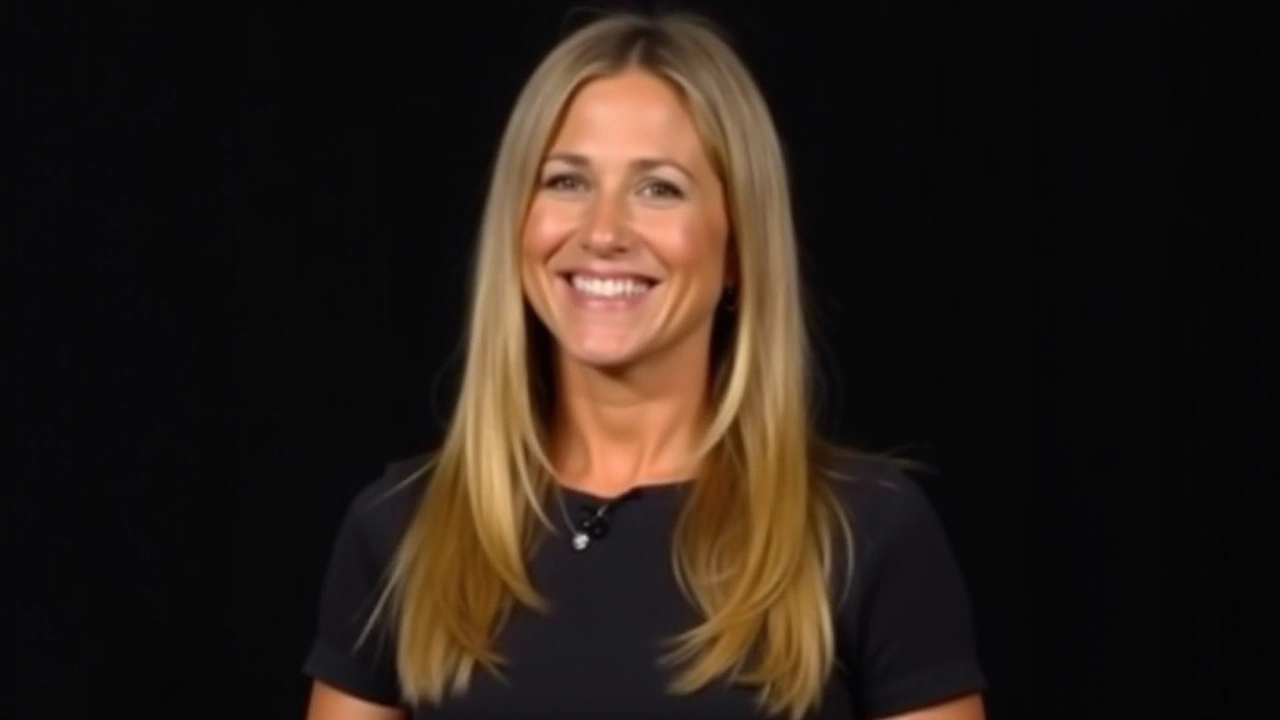Barack Obama: Legacy, Achievements and Why He Still Matters
When you think of recent U.S. presidents, Barack Obama pops up instantly. From his historic 2008 win to his post‑presidential projects, Obama left a mark that people still talk about. Let’s break down what made his time in office special and why his ideas keep shaping politics, culture, and even everyday life.
Key Wins from the White House
The most obvious achievement is the Affordable Care Act, often called Obamacare. It gave millions of Americans health insurance who didn’t have any before. Critics still argue about its costs, but the fact remains that the law reduced the uninsured rate dramatically.
Another big win was the economic recovery after the 2008 financial crisis. Obama signed stimulus packages, bailed out the auto industry, and pushed for stricter banking rules. The unemployment rate fell from a high of 10 percent in 2009 to under 5 percent by the end of his second term.
On the world stage, he worked on resetting U.S. relationships. The Iran nuclear deal (JCPOA) was a major diplomatic effort to limit Iran’s nuclear program in exchange for sanctions relief. While the deal later faced criticism and was abandoned, it showed a willingness to use negotiation over confrontation.
Climate change also got a boost. Obama signed the Clean Power Plan and played a leading role in the 2015 Paris Agreement, signaling that the U.S. was ready to cut emissions and work with other nations.
Why Obama’s Influence Still Resonates
Even after leaving office, Obama’s voice still carries weight. He and former First Lady Michelle launch the Obama Foundation, which funds community projects worldwide. Their podcasts, books, and public appearances keep his ideas in the conversation.
Politically, the “Obama brand” still energizes Democratic voters. Campaigns often invoke his name to rally support, and his endorsements can sway close races. At the same time, opponents use his legacy to criticize current policies, proving his lasting relevance.
Culture-wise, Obama changed how presidents communicate. He embraced social media early, used YouTube videos for policy explanations, and kept a casual tone that made political news feel more personal. Younger generations now expect that kind of direct connection from leaders.
Finally, his personal story—a son of a Kenyan father and a Kansas mother, a community organizer turned president—continues to inspire. People see his rise as proof that background doesn’t have to limit ambition.
So whether you’re debating health care, climate policy, or civic engagement, Obama’s name still shows up. His mix of policy wins, diplomatic outreach, and cultural shifts makes him a reference point for both supporters and critics. Understanding his legacy helps you see why current politics often circles back to his decisions, and why new leaders keep trying to match his blend of hope and practicality.

Jennifer Aniston recently addressed speculations linking her romantically with former U.S. President Barack Obama, dismissing them as 'absolutely untrue.' The rumors circulated after a tabloid article and were exacerbated by alleged marital discord between Barack and Michelle Obama. Aniston emphasized her acquaintance with Michelle, highlighting limited interaction with Barack. Despite rekindled rumors, the Obamas have not responded publicly.
